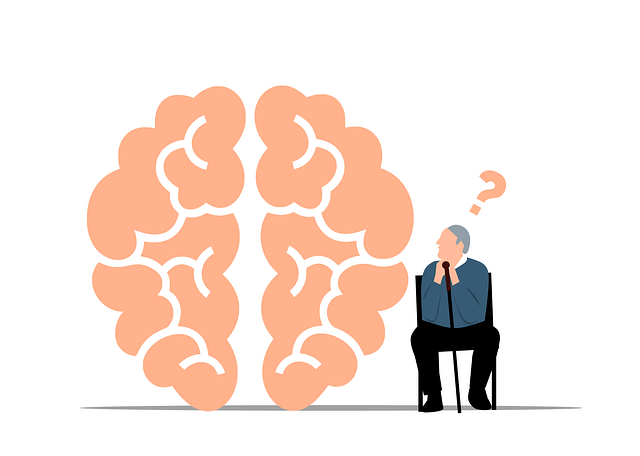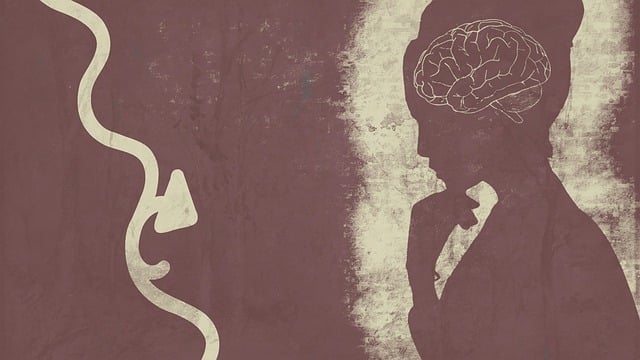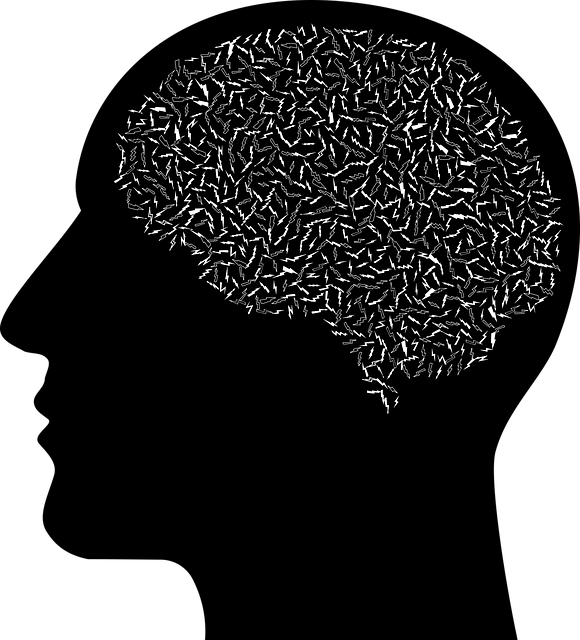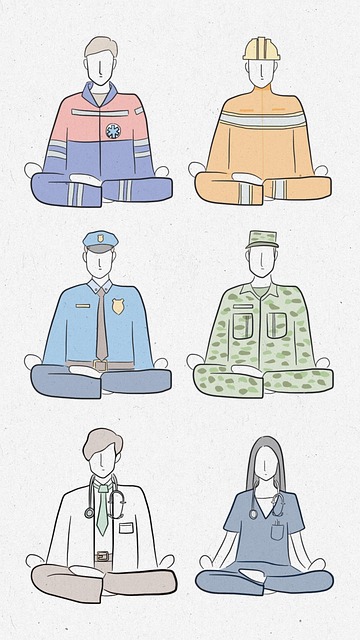Understanding loss, grief, and bereavement is crucial for emotional healing after a significant death. CBT, including the Parker CBT approach, effectively manages grief by targeting negative thought patterns and promoting healthier emotional responses. This therapy equips individuals with tools to reframe thoughts, gain emotional control, and build confidence in managing distress, fostering personal growth and resilience. Integrating support systems, self-care, and Parker CBT offers a holistic approach to navigating complex emotions post-loss, enhancing coping mechanisms and life adaptation.
Loss, grief, and bereavement are universal human experiences that can profoundly impact our mental health. This comprehensive guide delves into these complex emotions, offering a detailed overview of the process and available support. We explore the role of Cognitive Behavioral Therapy (CBT), highlighting its effectiveness through the Parker CBT Approach. The article also discusses the benefits and challenges of CBT for loss, bereavement, and self-care integration, providing insights for those seeking healing and growth after a significant loss.
- Understanding Loss, Grief, and Bereavement: A Comprehensive Overview
- The Role of Cognitive Behavioral Therapy (CBT) in Grieving Processes
- Parker CBT Approach: Techniques and Strategies for Healing
- Benefits and Challenges of CBT for Loss and Bereavement
- Integrating Support Systems and Self-Care with Professional Counseling
Understanding Loss, Grief, and Bereavement: A Comprehensive Overview

Understanding loss, grief, and bereavement is a crucial step in navigating the complex emotional landscape following a significant death. Loss refers to the absence or deprivation of something valued, such as a loved one, while grief is the intense emotional response to that loss. Bereavement, on the other hand, encompasses the period during which an individual adjusts to life after their profound loss.
This process can be immensely challenging and varies greatly from person to person. Many factors influence how individuals cope with these complex emotions, including cultural beliefs, personal resilience, and available support systems. The concept of Cognitive Behavioral Therapy (CBT), such as that offered by the Parker CBT therapy approach, has proven effective in helping individuals manage grief and enhance their mental wellness. By focusing on identifying and changing negative thought patterns and behaviors, this therapeutic approach empowers people to develop healthy coping strategies for self-care practices during this difficult time.
The Role of Cognitive Behavioral Therapy (CBT) in Grieving Processes

The loss of a loved one can trigger complex emotional responses, and Cognitive Behavioral Therapy (CBT) has emerged as a valuable tool in supporting individuals through grief and bereavement. This therapeutic approach focuses on identifying and modifying negative thought patterns that may arise during the grieving process. By challenging unhelpful cognitions, CBT helps individuals develop healthier ways of processing their emotions, leading to improved coping strategies. For instance, Parker Cognitive Behavioral Therapy (CBT) tailors its methods to enhance resilience and promote positive thinking in the face of loss.
Through structured sessions, CBT encourages grievers to confront and reframe their thoughts, fostering a sense of control over their emotional experiences. This therapy also emphasizes the importance of building confidence in managing distressing feelings associated with bereavement. By participating in CBT, individuals can gain valuable insights into their grief journey and learn coping mechanisms that contribute to personal growth and healing. Moreover, public awareness campaigns development centered around CBT can play a significant role in educating people about healthy grieving practices.
Parker CBT Approach: Techniques and Strategies for Healing

The Parker CBT Approach offers powerful techniques and strategies for individuals navigating loss, grief, and bereavement. This therapeutic method, grounded in Cognitive Behavioral Therapy (CBT), focuses on identifying and modifying negative thought patterns and behaviors that can impede healing. By exploring and challenging unhelpful beliefs about oneself, others, and the world, individuals gain a new perspective on their emotions and experiences during this difficult time.
Through this approach, counseling sessions are structured to help clients develop effective conflict resolution techniques, enhance emotional regulation skills, and cultivate coping mechanisms tailored to their unique needs. By integrating these strategies into daily life, individuals can find solace, rebuild resilience, and gradually move towards acceptance and a renewed sense of well-being. The Parker CBT Approach is particularly beneficial for healthcare providers seeking burnout prevention strategies, as it equips them with tools to manage stress and maintain emotional balance while supporting others through grief.
Benefits and Challenges of CBT for Loss and Bereavement

Cognitive Behavioral Therapy (CBT) has emerged as a powerful tool for addressing loss, grief, and bereavement. One of its key benefits is its ability to help individuals identify and challenge negative thought patterns associated with their loss, thereby promoting healthier emotional responses. CBT encourages clients to develop coping strategies that enhance mental wellness and resilience in the face of profound sadness. By focusing on the present and future, rather than dwelling on the past, CBT can offer a confidence-boosting approach to navigating bereavement.
However, implementing CBT for loss and bereavement also presents certain challenges. Individuals experiencing grief may struggle with engaging in therapeutic processes that demand introspection and cognitive restructuring. Additionally, the pace of therapy might not suit everyone, as CBT requires active participation and consistent practice. Despite these challenges, when tailored to individual needs, Parker Cognitive Behavioral Therapy has proven effective in supporting folks through complex emotional landscapes following a significant loss.
Integrating Support Systems and Self-Care with Professional Counseling

Integrating support systems and self-care practices alongside professional counseling is a holistic approach to managing loss, grief, and bereavement. While specialized therapy, such as Parker Cognitive Behavioral Therapy (CBT), offers evidence-based strategies for emotional regulation, it’s not just about individual therapy sessions. Effective risk management planning for mental health professionals involves fostering connections with family, friends, and support groups. These systems provide a safety net during challenging times, facilitating open communication and shared experiences that can enhance coping mechanisms.
Self-care routine development is another crucial component, ensuring individuals have the tools to navigate their emotions healthily. This includes setting boundaries, engaging in activities that promote well-being, and adopting stress management techniques taught through CBT therapy. By seamlessly integrating these support systems and self-care practices with professional counseling, individuals can better process grief, adapt to life changes, and cultivate resilience.
Loss, grief, and bereavement counseling are essential aspects of healing after a significant loss. By understanding these processes and utilizing effective therapeutic approaches like Parker CBT, individuals can navigate their emotions and find solace. The Parker Cognitive Behavioral Therapy (Parker CBT) offers valuable techniques to manage grief, promoting self-reflection and adaptive coping strategies. While challenges may arise, integrating support systems and self-care alongside professional counseling enhances overall well-being. This comprehensive approach ensures that those navigating loss receive the necessary tools for a healthier emotional landscape.














